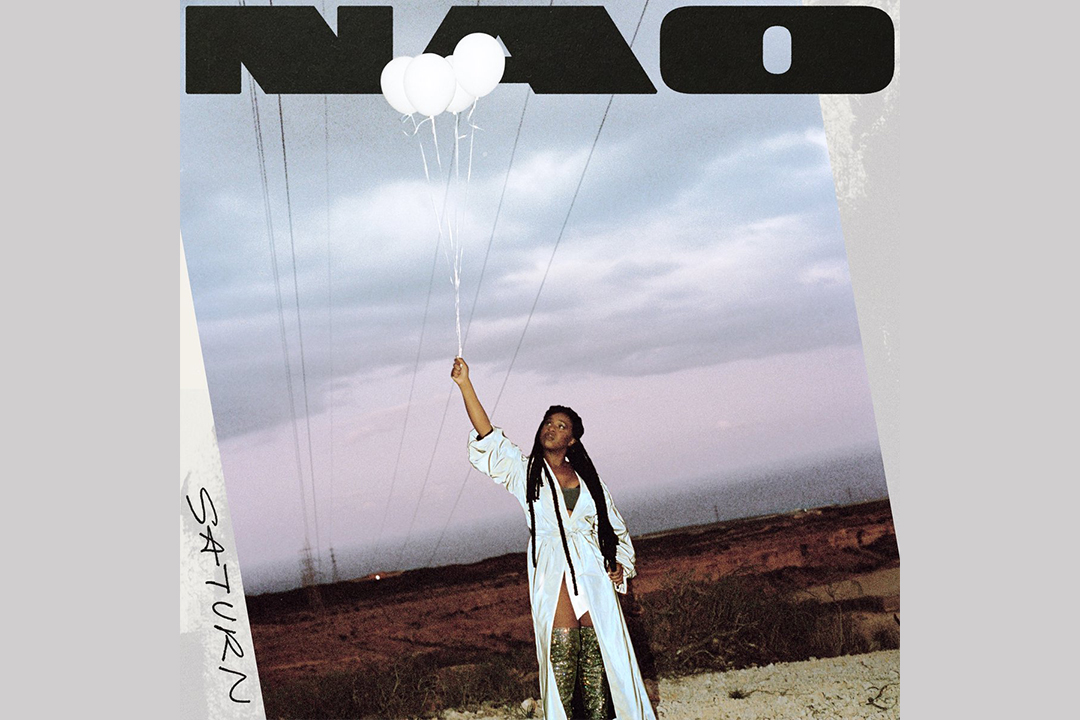CAN I KICK IT? J. COLE RELEASES KOD
There is a sort of mystique that surrounds J. Cole that seems present in few other hip-hop artists. He is not quite considered the rhyme titan that is Kendrick Lamar or the hit juggernaut that is Drake, and yet he is revered by fellow musicians, hip-hop veterans, and fans alike as something of a torchbearer and a standard for other artists. To be sure, his level of creative control and independence is something more artists should strive for, especially considering that the rap game has traditionally been one of money and respect. He has accomplished much on his own that far too many artists of similar creative prowess and rhyme talent have not, so there is something to be said about Cole’s ability to navigate the musical landscape of our time on his own. However, with that much freedom and with the flashes that he has shown at times as a wordsmith, it’s hard to hear an album like KOD and not be slightly disappointed.
Yes, the title track of J. Cole’s new album broke records for the most number of streams on the first day of its release. Yes, plenty of buzz has accompanied the release of this album and plenty of praise has been heaped upon it by other musical acts, and it certainly isn’t without merit. However, there are times when Cole reverts to shallow materialism or hook repetition which leave the listener feeling unsatisfied. Take “ATM” for example, where Jermaine begins the track by rapping “Count it up, count it up, count it up, count it” six times before half-yelling, “I know that it’s difficult/I’m stackin’ this paper, it’s sort of habitual/I blow the residual/And f****n” yo b***h like its part of my ritual.” Those aren’t exactly the lyrics of a man who has built a career on humble brags and apparent wokeness.
The production is much more minimal than his last project here, mostly to keep the focus on Cole’s rapping. That’s not a bad decision in and of itself, but the rhymes often seem reduced also. On “Motiv8,” the chorus literally consists of the following:
Motivate (motivate), motivate (motivate)
Motivate (motivate), motivate (mo-)
Motivate (motivate), motivate (motivate)
Motivate (motivate), moti-get money
Motivate (motivate), motivate (motivate)
Motivate (motivate), motivate (mo-)
Motivate (motivate), motivate (motivate)
Motivate (motivate), moti-get money
This kind of songwriting shows up all over KOD though, and at 12 tracks long minus an interlude and intro, that doesn’t leave as much room for rhyme writing or storytelling, which have traditionally been part of what has endeared him to fans. Listening to J. Cole usually involves listening to strong doses of absolutist arguments, but the anti-addiction arguments filling up KOD are simple, obvious, and often self-righteous. The sentiment might be more powerful if it wasn’t so in-your-face, but the album cover itself states that this album is meant to discourage the kind of addictive behavior that is spawned from the use of social media, drugs, or a trap lifestyle. In the end, the album comes off like a step-father telling his wife’s teenaged kids that they should do something because he said so.
Judging by the populous’ reaction to the album, however, fans seem not to mind this kind of chorus writing. Some may even prefer it as it makes songs easy to remember and perhaps easier to vibe out to, which seems like a great concern to a newer generation of hip-hop fans. Indeed, there are a few songs here that can be considered bangers to many. Coming from an artist that exudes a lack of concern for radio play or trendiness, however, KOD comes off too simple and lackluster.








